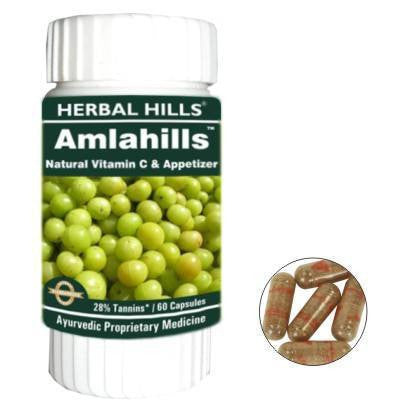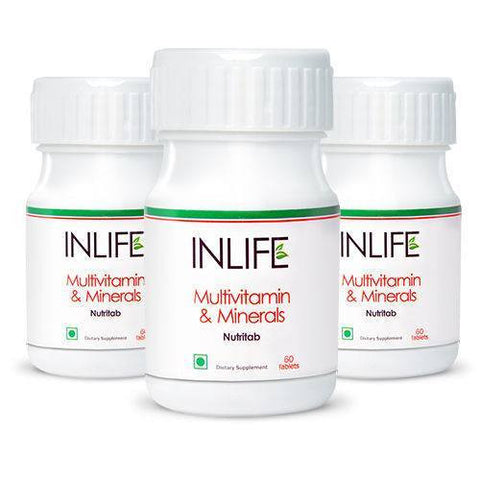
Beet greens are young, leafy-tops of the beetroot plant. Indeed, beet tops carry more minerals, vitamins and health benefiting pigment antioxidants than its taproot, and yet they come as one of the very low calories leafy-greens. Although its top greens can be gathered at any stage of growth, they are at their best while the plant is young, and its stems are soft and tender.
Green vegetables help to maintain good health, click here to know more
Vitamin A
Vitamin A is necessary for good vision, playing a role in light absorption in the rods and cones of your retina. You also need vitamin A for cell differentiation, immunity, healthy mucus membranes and healthy skin. Your body uses fat to process and store vitamin A, which remains in your system longer than water-soluble vitamins. Beet greens are very fine source of beta-carotene, lutein and zeaxanthin. These flavonoids have strong antioxidant and anti-cancer activities. Beta-carotene is converted into vitamin-A inside the body. Zea-xanthin, an important dietary carotenoid is selectively absorbed into the retinal macula lutea in the eyes where it is thought to provide antioxidant and protective light-filtering functions. Thus, it helps prevent retinal detachment and offer protection against the age-related macular degeneration related macular degeneration diseases in the elderly. Vitamin A deficiency, osteoporosis, iron-deficiency anemia, and believed to protect from cardiovascular diseases and possibly colon and leukemia cancers.
Discover the benefits of vitamin A for skin, click here to know more
Vitamin B complex
This leafy vegetable is notably good in many B-complex groups of vitamins such as riboflavin, folate, niacin, vitamin B-6 (pyridoxine), thiamin, pantothenic acid, etc., that are essential to the body as part of coenzymes for the metabolism in the body. Folate plays an important role in the production of red blood cells and especially helpful in the baby's neural tube development.
Vitamin B is various uses in the body, click here to know more
Vitamin C
One-half cup of cooked beet greens has 30 percent of your daily vitamin C intake. Vitamin C is a water- soluble vitamin that acts as a coenzyme to help synthesize certain amino acids. Additionally, vitamin C is necessary to produce collagen, a protein that supports healthy skin, bones, teeth and blood vessels. Vitamin C is a moderately powerful antioxidant, which helps the body develop resistance against infectious agents and scavenge harmful oxygen-free radicals. The immune system also needs vitamin C to make white blood cells, which fight off infections.
Vitamin C keeps away infections, click here to know more
Vitamin K
Beet greens are a significant source of vitamin K, a nutrient that helps control the clotting factors of your blood. The average adult male requires 120 micrograms of vitamin K and the average female adult needs 90 micrograms. One cup of raw beet greens will provide 152 micrograms of this nutrient. Vitamin K has potential role bone health by promoting osteotropic (bone formation and strengthening) activity. Adequate vitamin-K levels in the diet help limiting neuronal damage in the brain; thus, has established role in the treatment of patients suffering from Alzheimer's disease.
Almonds are great source of nutrients for the brain, click here to know more about almond oil
Minerals
Beet leaves are rich source of minerals like magnesium, copper, calcium, sodium, potassium, iron, manganese, and phosphorus. Potassium is an important component of cell and body fluids that helps controlling heart rate and blood pressure by countering effects of sodium. The body uses manganese as a co-factor for the antioxidant enzyme, superoxide dismutase. Iron is required for cellular oxidation and red blood cell formation.
Minerals are important for body's metabolic functions, click here to know more
Beet leaves are a nutritious leafy vegetable that have slightly bitter, flavorful leaves and lower the risk of many chronic diseases. It is one of very versatile and nutritious green leafy vegetables.. Besides supplying good amounts of protein, phosphorus, and zinc, beet greens are also a great source of fiber. Packed with antioxidants, they’re high in vitamin B6, magnesium, potassium, copper, and manganese, and low in fat and cholesterol. The greens indeed very low in calories; 100 g hold just 22 calories. Nonetheless, they are one of the healthiest greens recommended in the diet for their low fat, no cholesterol but health benefiting vitamins, minerals and antioxidants.
Boost our body’s health with antioxidants, click here to know more



